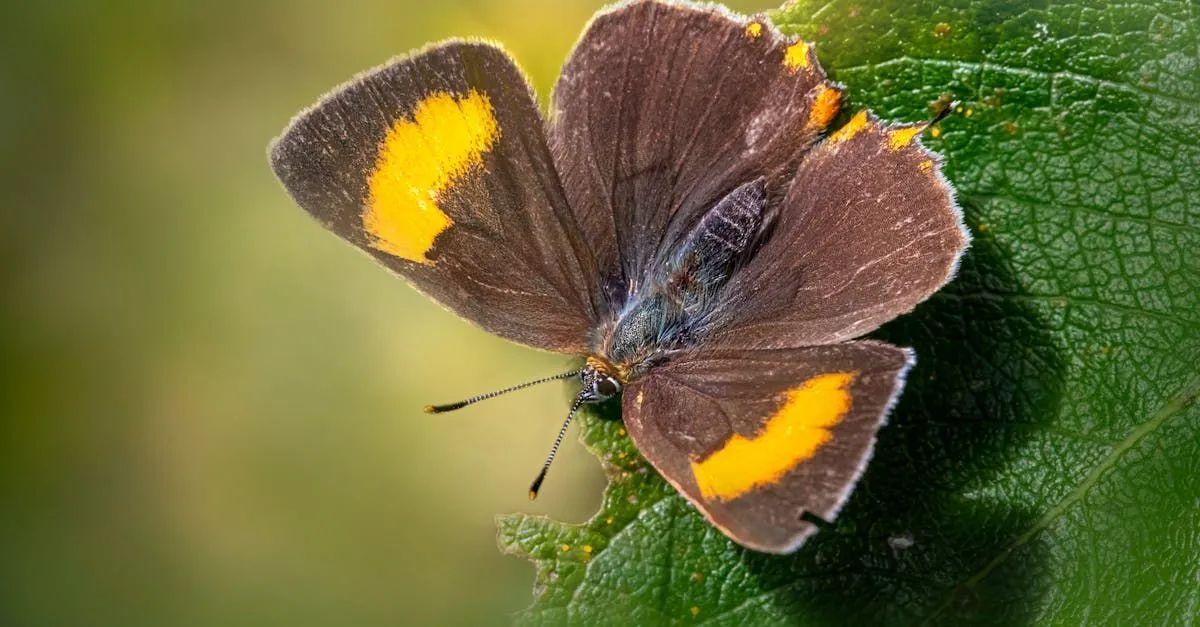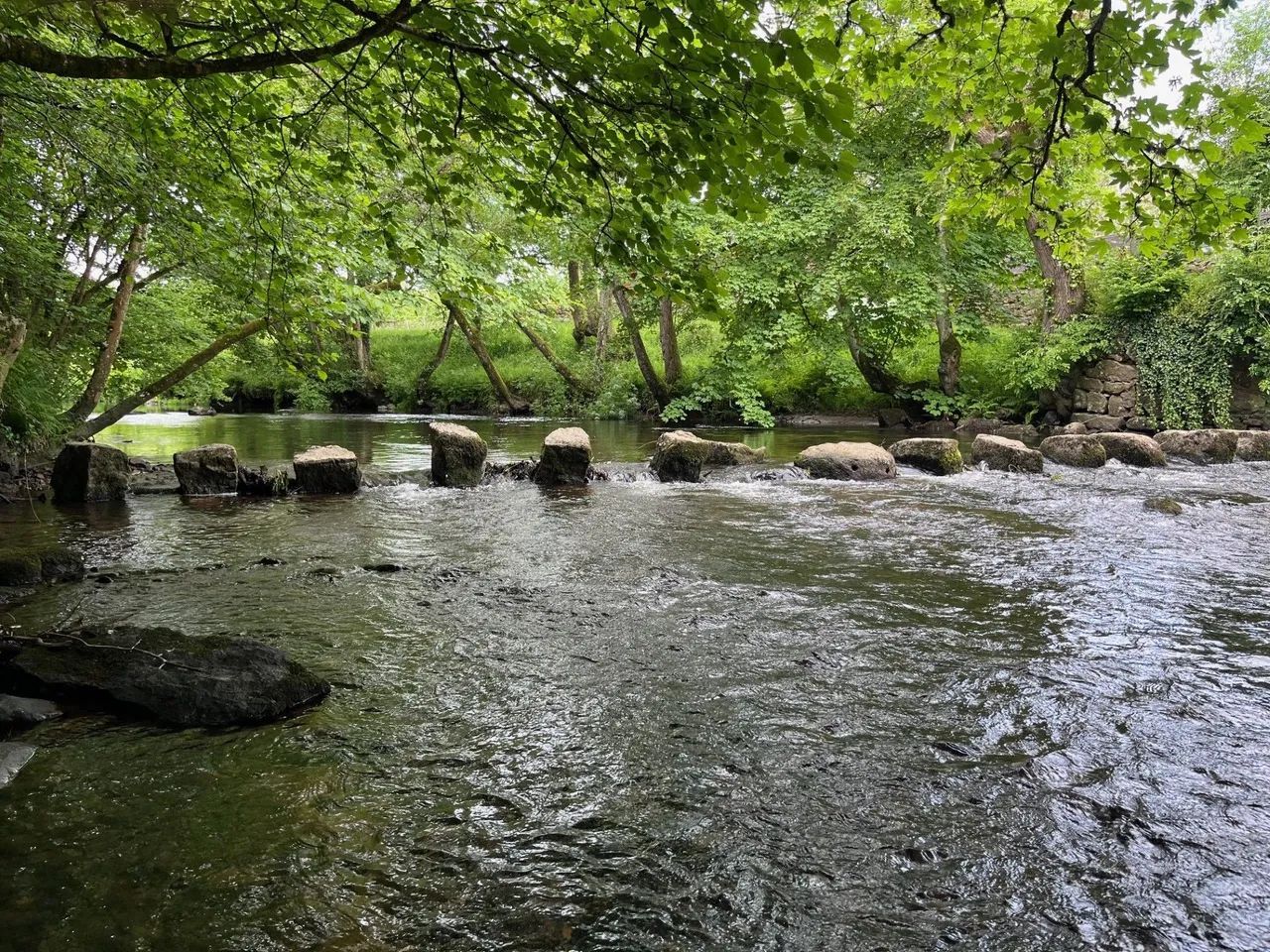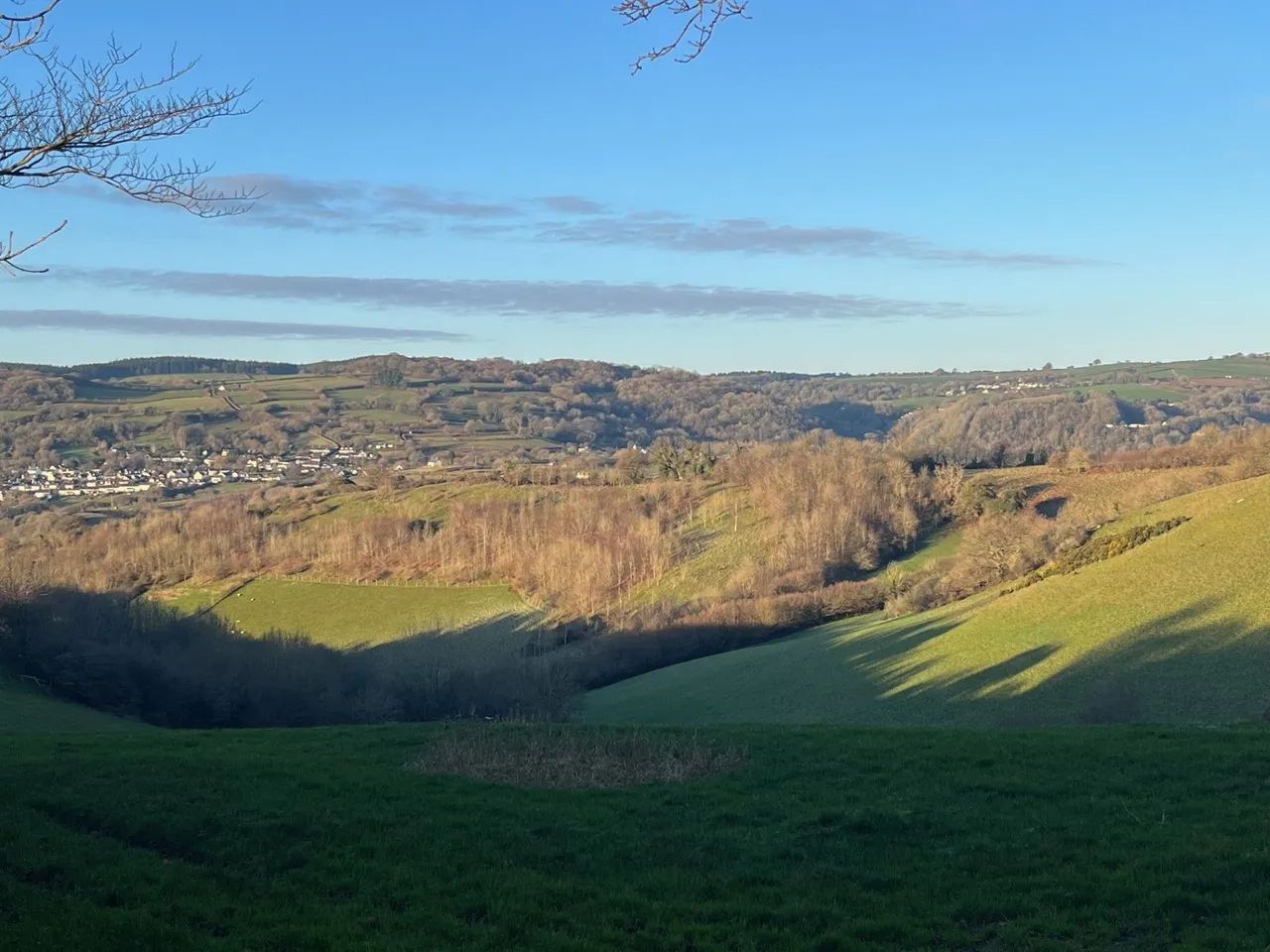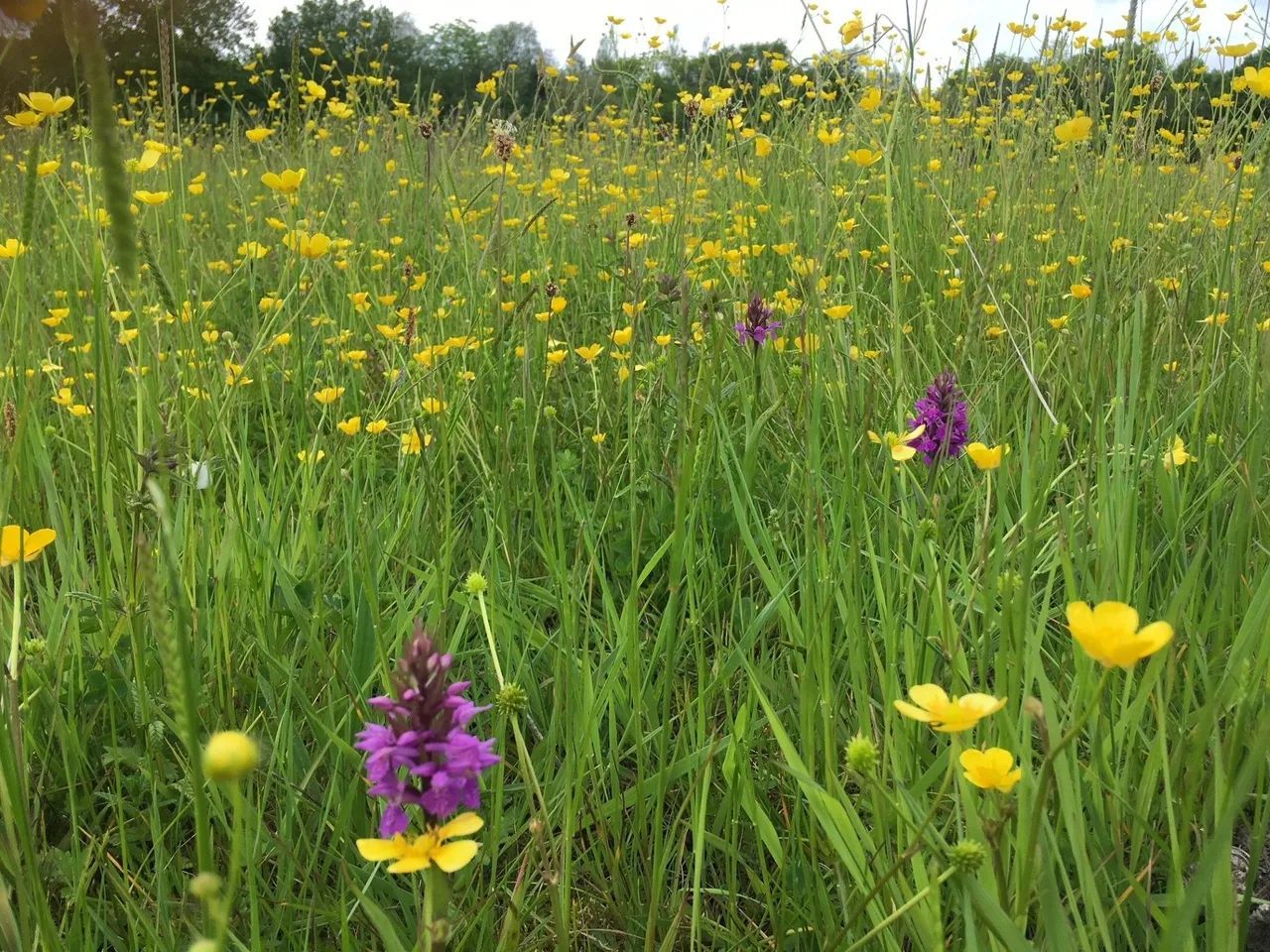THE TVFF FOCUS
Biodiversity
Biodiversity matters because it supports the vital benefits we get from the natural environment. CS schemes offer land management options and capital works to restore, maintain and create habitats and support the recovery of priority species.
Improving biodiversity can be achieved by:
- restoring habitats
- protecting hedges
- providing food and nesting resources for wildlife
- creating areas for rare flowering plants
- nature friendly farming
To halt the decline in species abundance by 2030, it is crucial that landowners work together at the local level across holdings to better achieve benefits for the wide range of species that support ecosystem functions. A facilitator can help coordinate this local effort.
The TVFF plans to restore, create and maintain the following priority habitats: hay meadows, ancient and native woodland, orchards, riparian habitats alongside rivers and reservoirs, hedgerow networks and corridors.
We will specifically target habitat creation and restoration and surveying for two priority species - the Brown Hairstreak Butterfly and Greater Horseshoe Bat whilst also targeting habitat improvement for salmon.
The TVFF Focus

Biodiversity matters because it supports the vital benefits we get from the natural environment. CS schemes offer land management options and capital works to restore, maintain and create habitats and support the recovery of priority species.
Biodiversity

‘Clean and plentiful water’ and ‘Reduced risk of harm from environmental hazards’ are goals of Defra’s Environmental Improvement Plan.
Water Management

The 2021 Net Zero Strategy set out the Government’s commitment to reduce greenhouse gas emissions across the economy to reach net zero by 2050. Agriculture represents around 11% of total UK greenhouse gas emissions.
Net Zero

As part of Defra’s Environmental Improvement Plan the government is committed to providing clean air by reducing the emissions of 5 damaging air pollutants by 2030.
Air Quality
All Rights Reserved | Teign Valley Facilitation Fund
